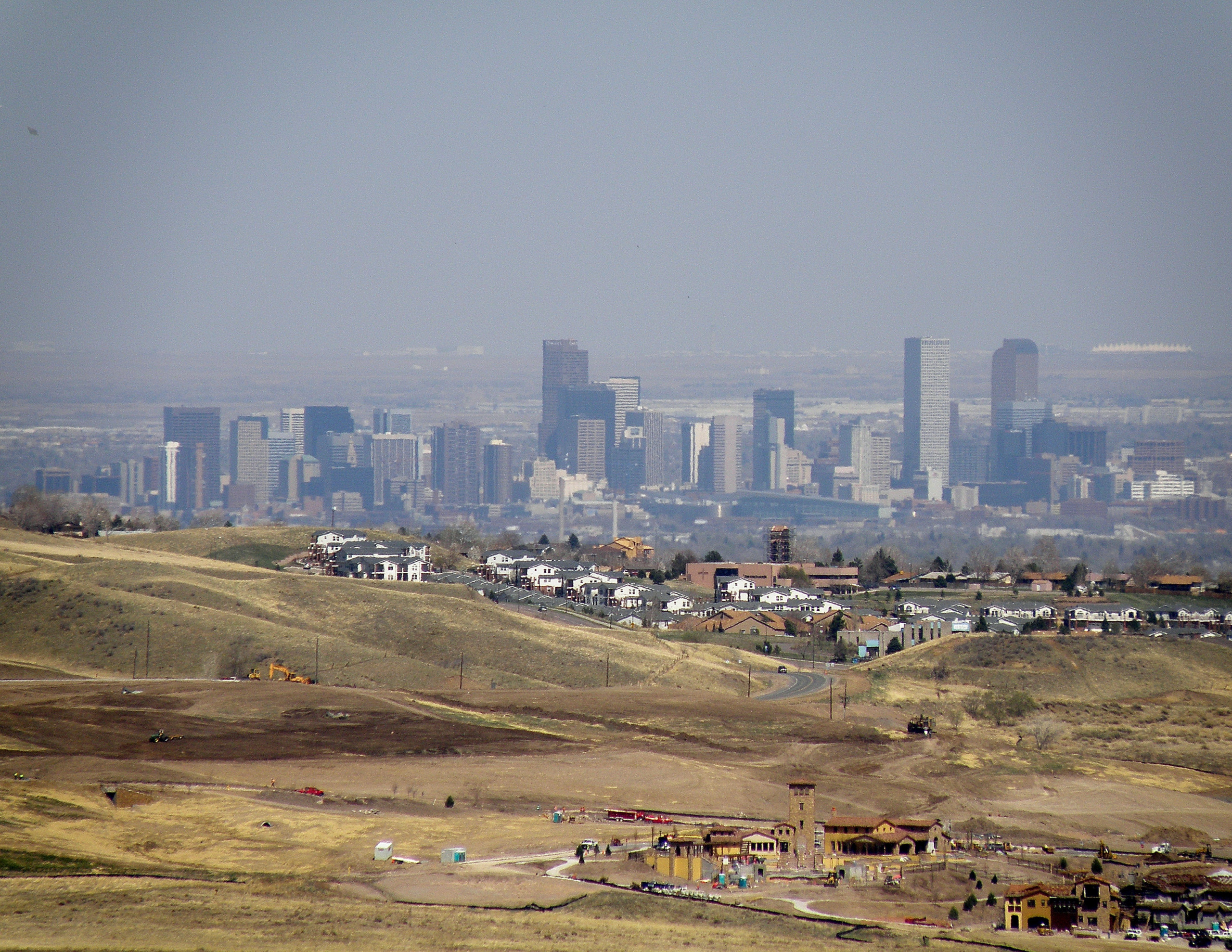
Tell the governor: Continue bold action to clean up our air
Ask the governor to solve our ozone pollution problem and make our air safer to breathe.
One bill includes air quality measures, another increases funding for transit via a fee on oil and gas production
With just over a month before the next ozone season arrives, legislative leadership and Gov. Polis announced two new bills to tackle harmful ozone air pollution by cutting emissions, strengthening enforcement of air quality laws, providing better protections for communities impacted by pollution and boosting transit across the state.
One bill, SB24-229 “Ozone Mitigation Measures,” focuses on the oil and gas industry and will strengthen air quality enforcement by giving the state’s Air Pollution Control Division (APCD) and Energy and Carbon Management Commission (ECMC) more tools for holding polluters accountable. It will also require greater scrutiny of new permits for air pollution sources in areas where people may be at greater risk from the effects of pollution – also known as Disproportionately Impacted Communities (DICs) – by lowering the thresholds above which companies must conduct scientific modeling of the emissions their facilities will produce.
The bill also increases funding for the state’s program to plug “orphan” oil and gas wells and expands the program to include so-called “marginal” wells, which are wells that are low-producing but often highly polluting.
Finally, the Ozone Mitigation Measures bill will codify Gov. Polis’s targets to reduce ozone-forming nitrogen oxides (NOx) from the oil and gas sector, require a rulemaking to make certain “best management practices” mandatory for oil and gas operators, increase transparency by requiring the state to share information on enforcement actions with the public, and create two community liaison positions at ECMC to advocate for communities impacted by pollution.
The second bill, SB24-230 “Oil & Gas Production Fees,” establishes a new fee on oil and gas production that will raise approximately $140 million annually. Twenty percent of that money will fund parks and protect wildlife and open spaces. Eighty percent will support the expansion of transit across the state with the majority of it going to local transit agencies to improve and increase service and ridership. Based on our estimates, the money would be enough for large agencies like RTD to move toward doubling transit service in the next decade.
The Governor and state leadership also announced that, in addition to these new bills, the oil and gas industry will pull down a set of dangerous ballot measures that could have set back years of work on cleaning up our air and tackling global warming.
The legislature has until May 8 to pass the new bills. June 1 marks the start of our state’s traditional ozone season. Exposure to ground-level ozone can cause harmful health effects including lung damage, worsening of existing respiratory conditions such as asthma, and even cardiovascular disease. In recent years, the Denver Metro/North Front Range region has suffered from some of the highest ozone pollution in the country. These high ozone levels mean the region is failing to meet the national health-based air quality standards for ozone, and in 2022, the EPA reclassified the region from “serious” to “severe” nonattainment of these standards.
The focus of our ozone work will now shift to these new bills, including passage and implementation. A package of three ozone bills that we advocated for at the beginning of the legislative session do not have a chance of getting passed.
Ask the governor to solve our ozone pollution problem and make our air safer to breathe.
Send a message